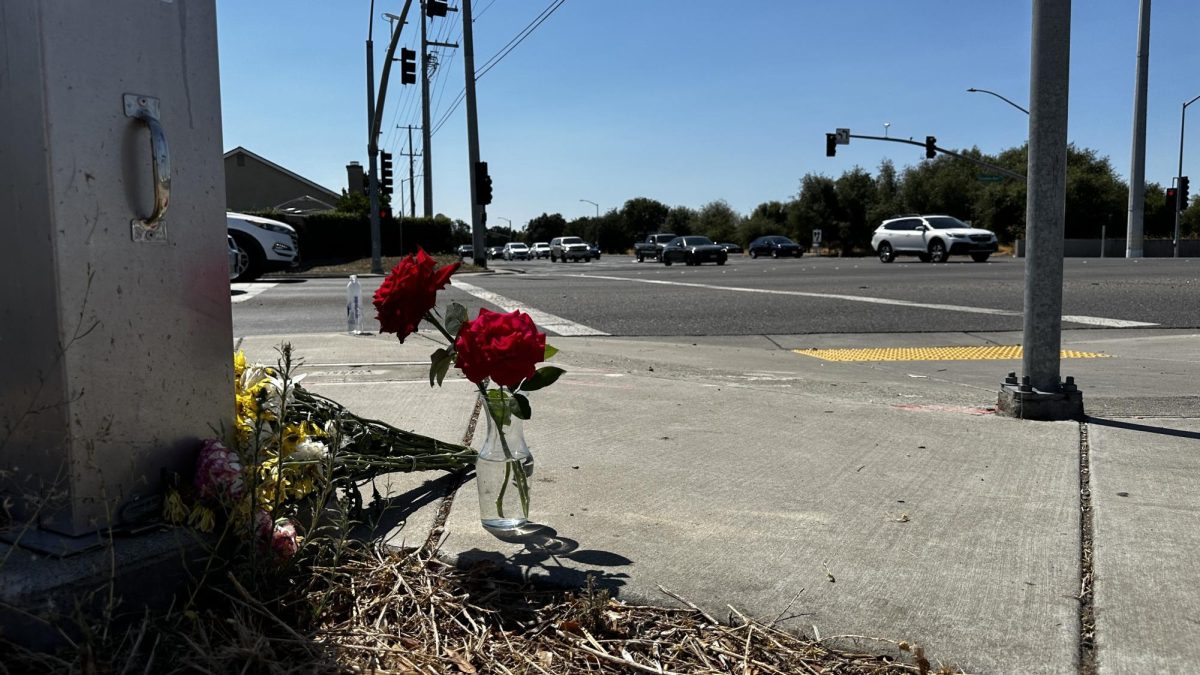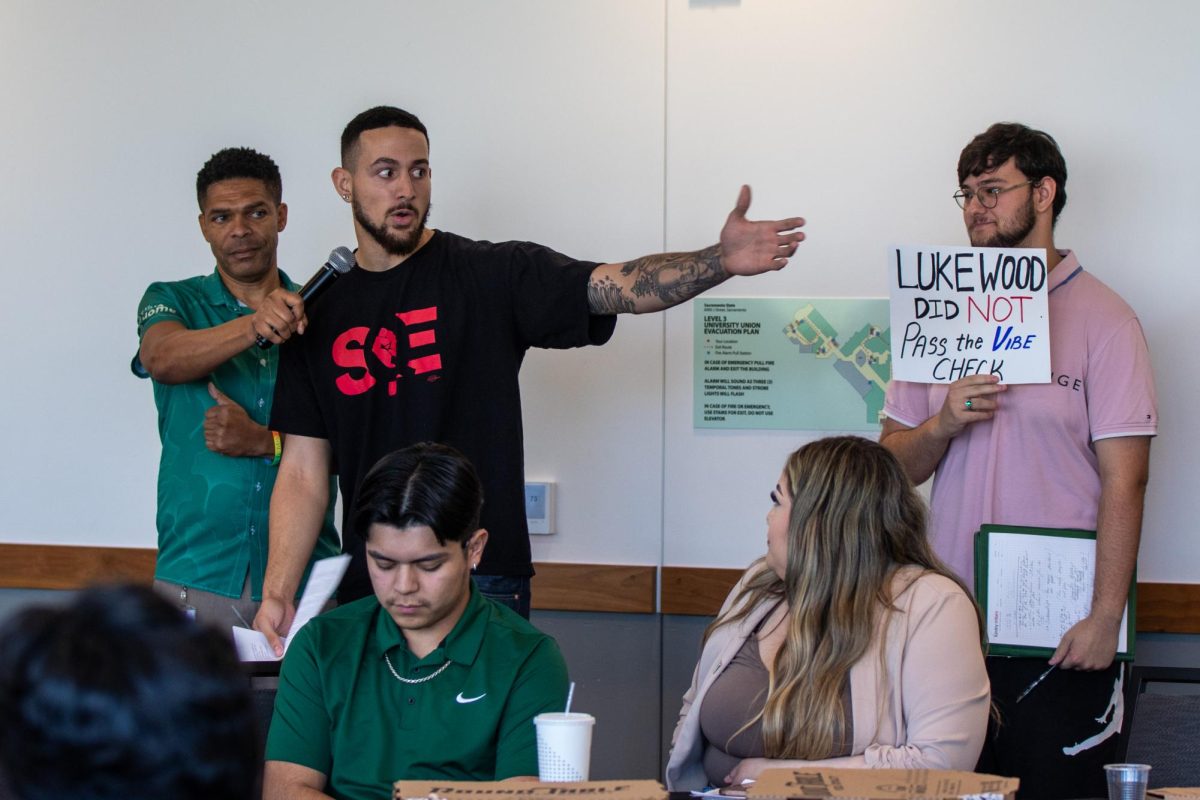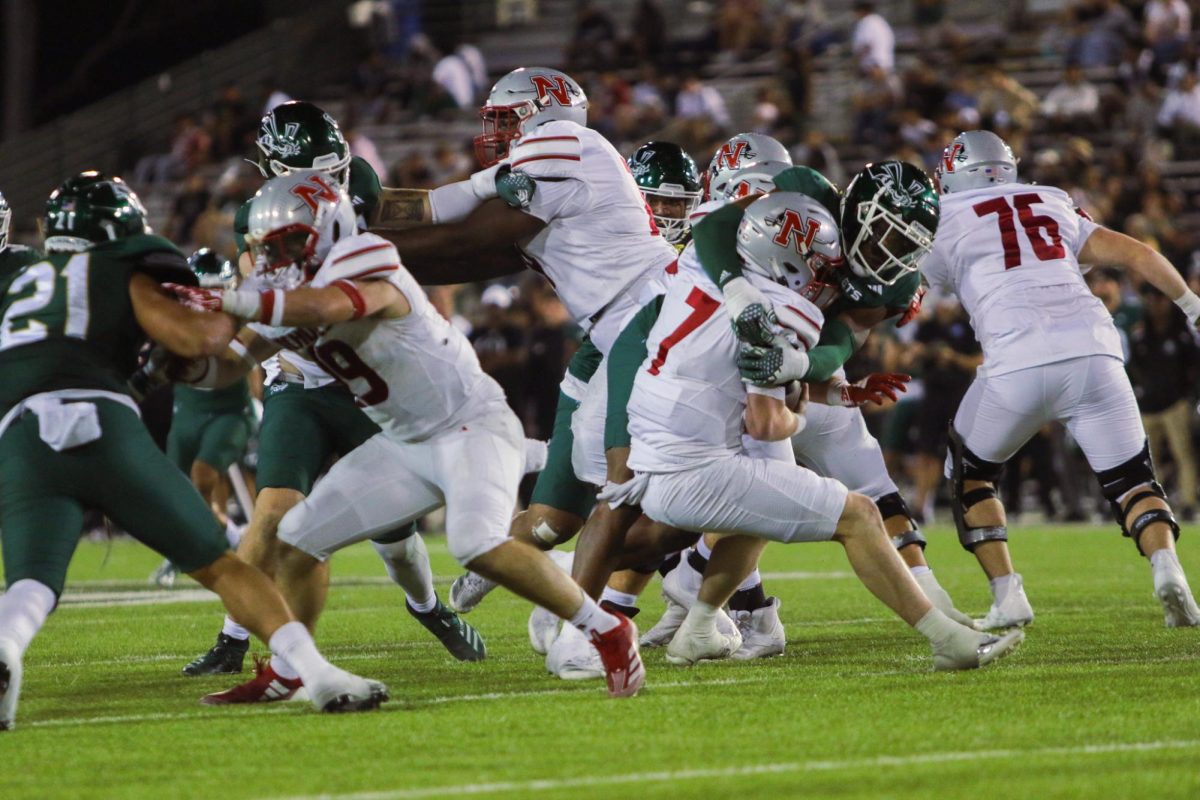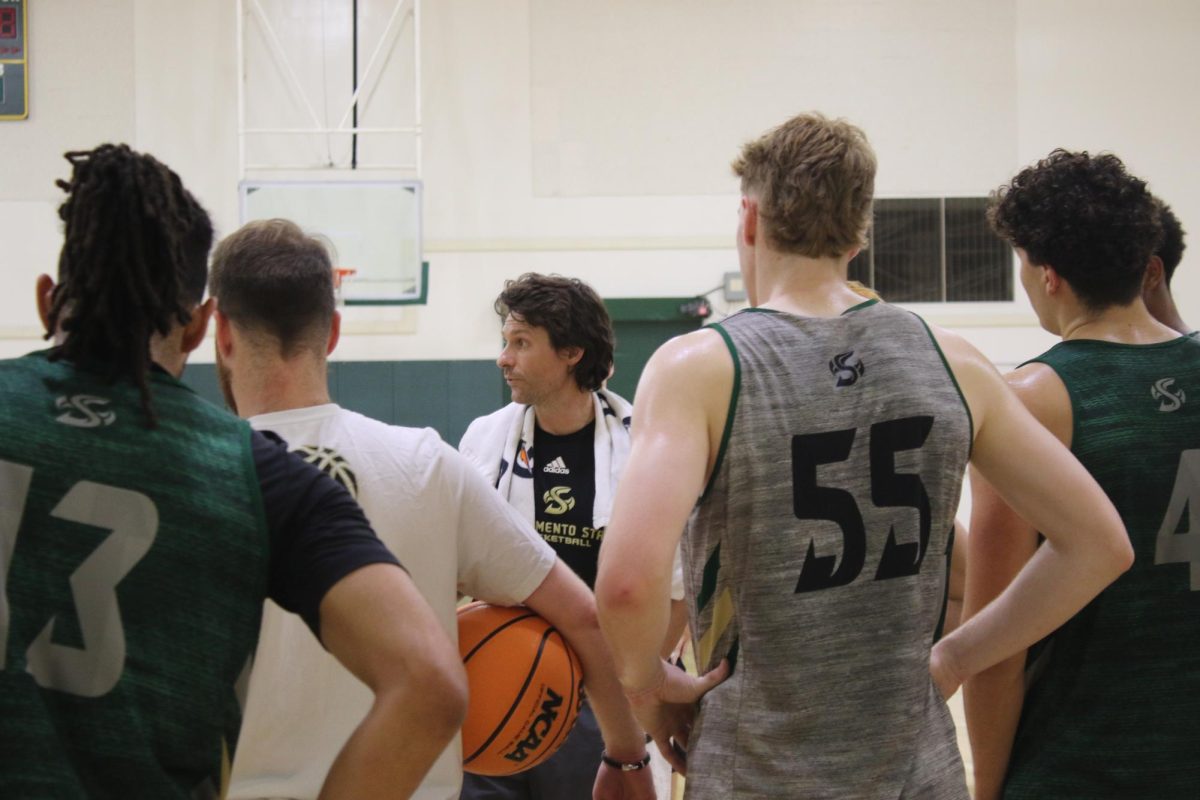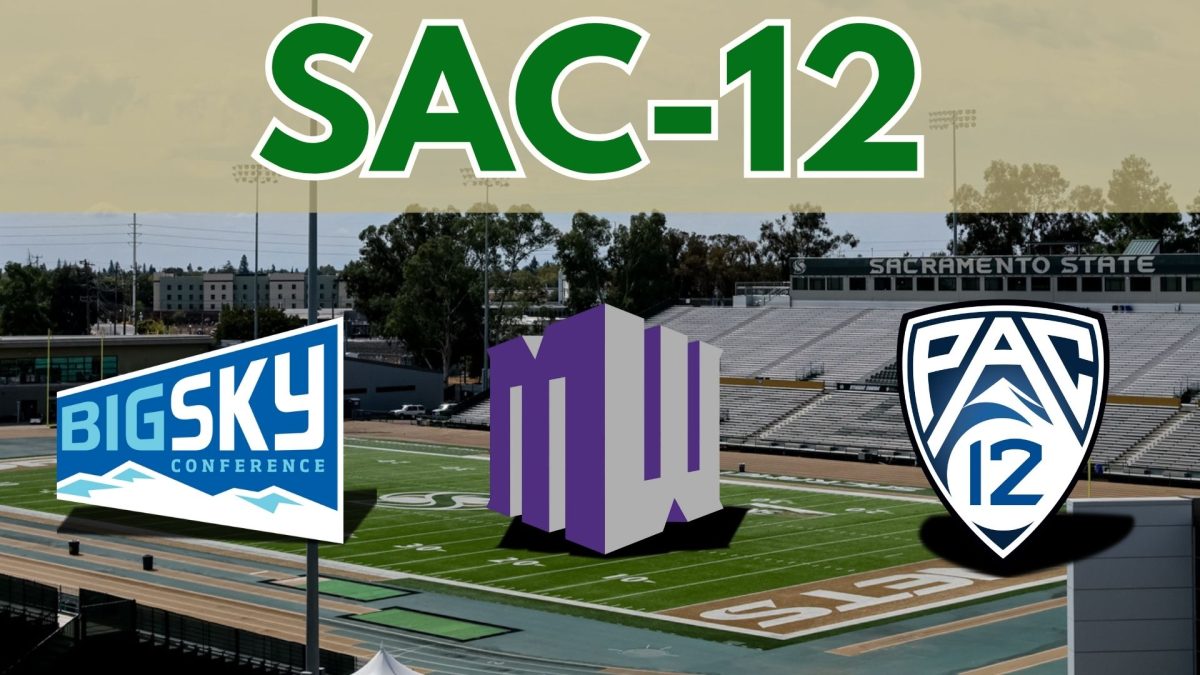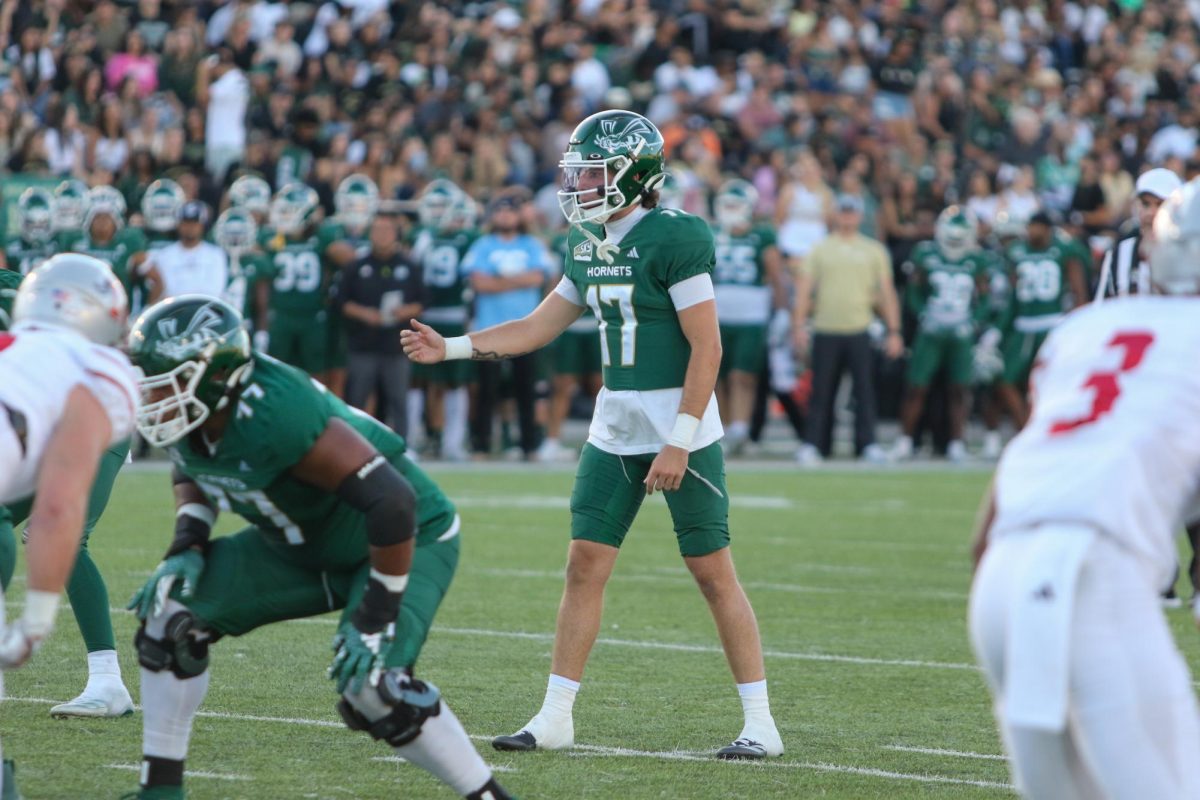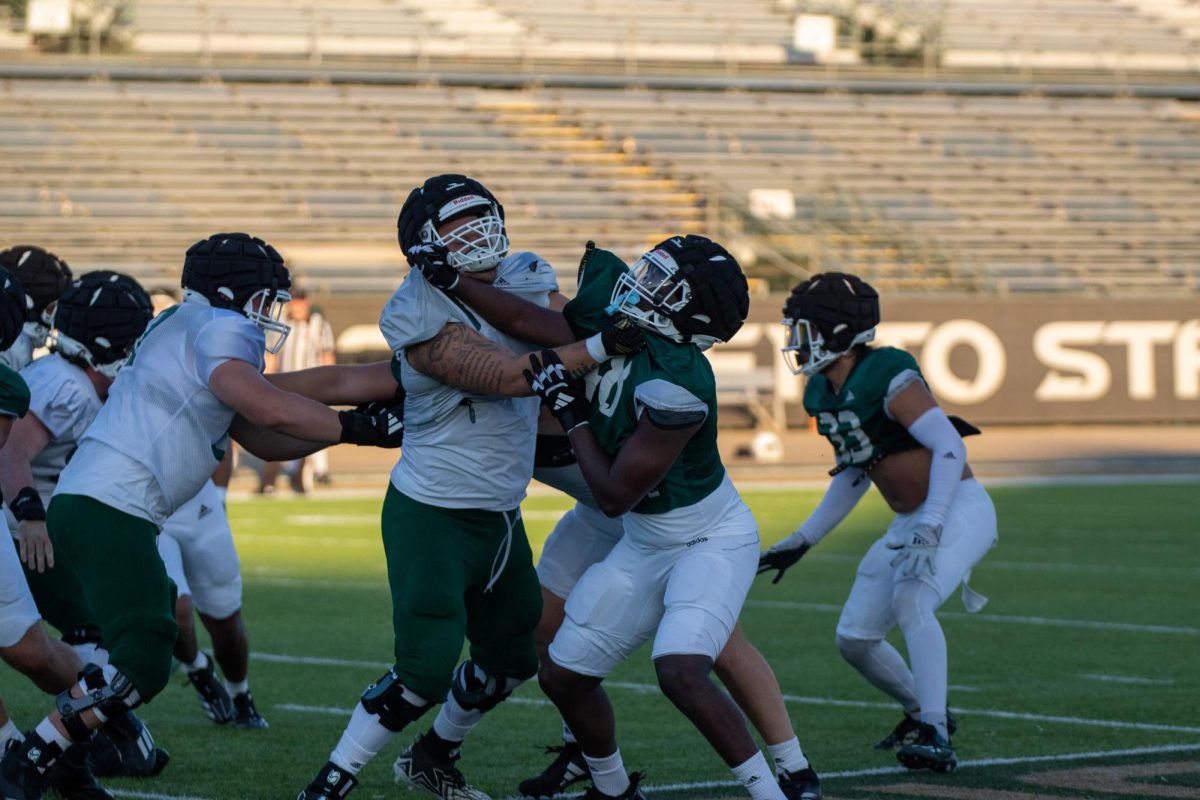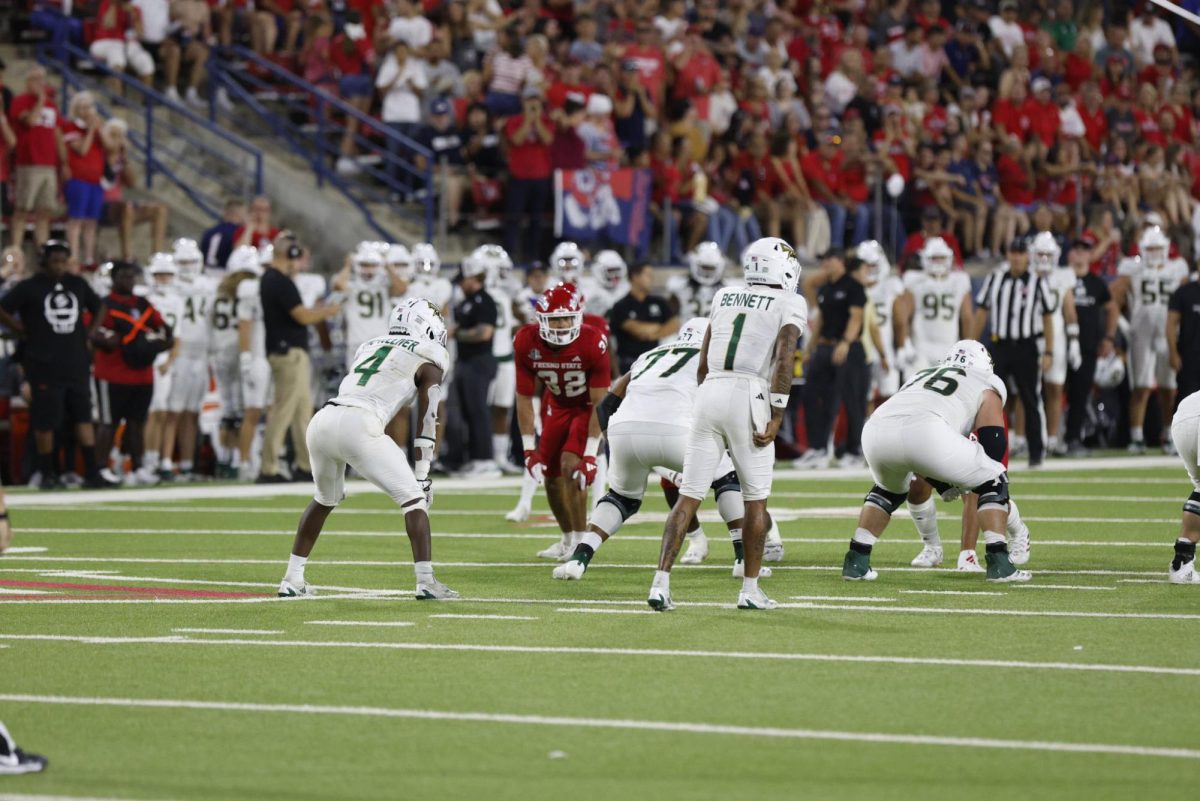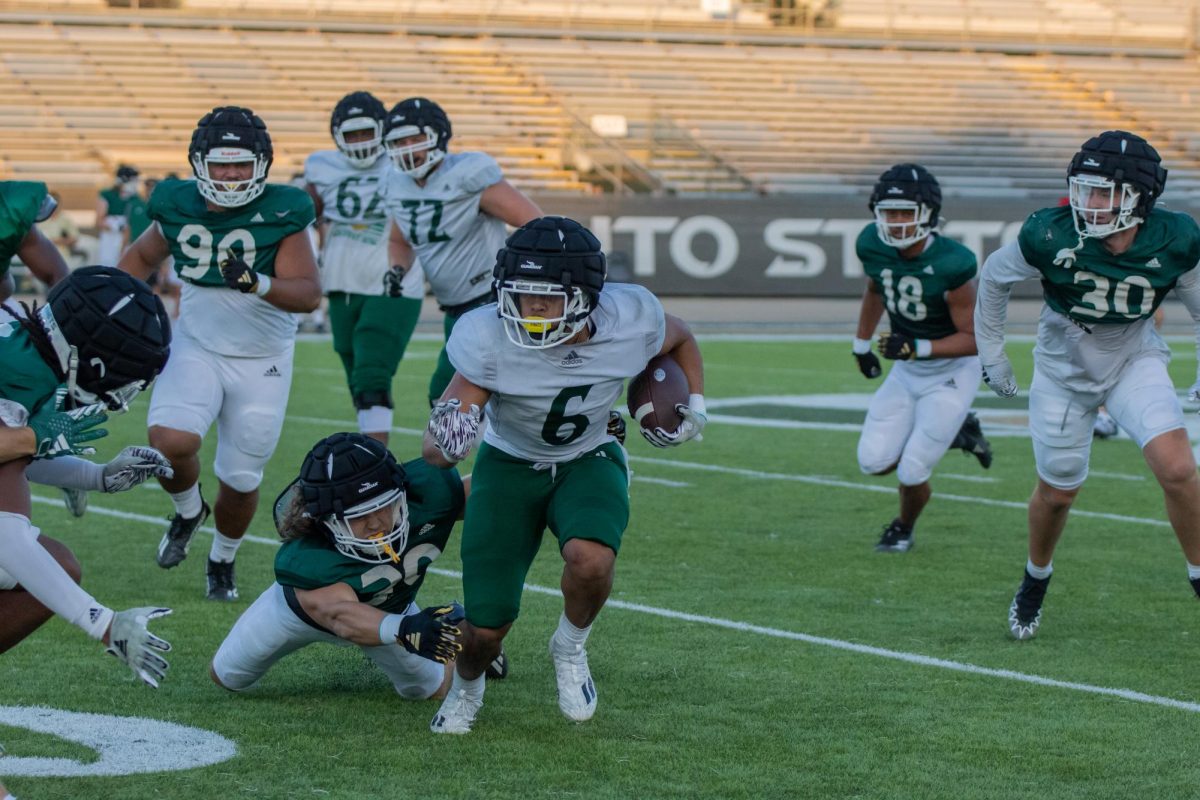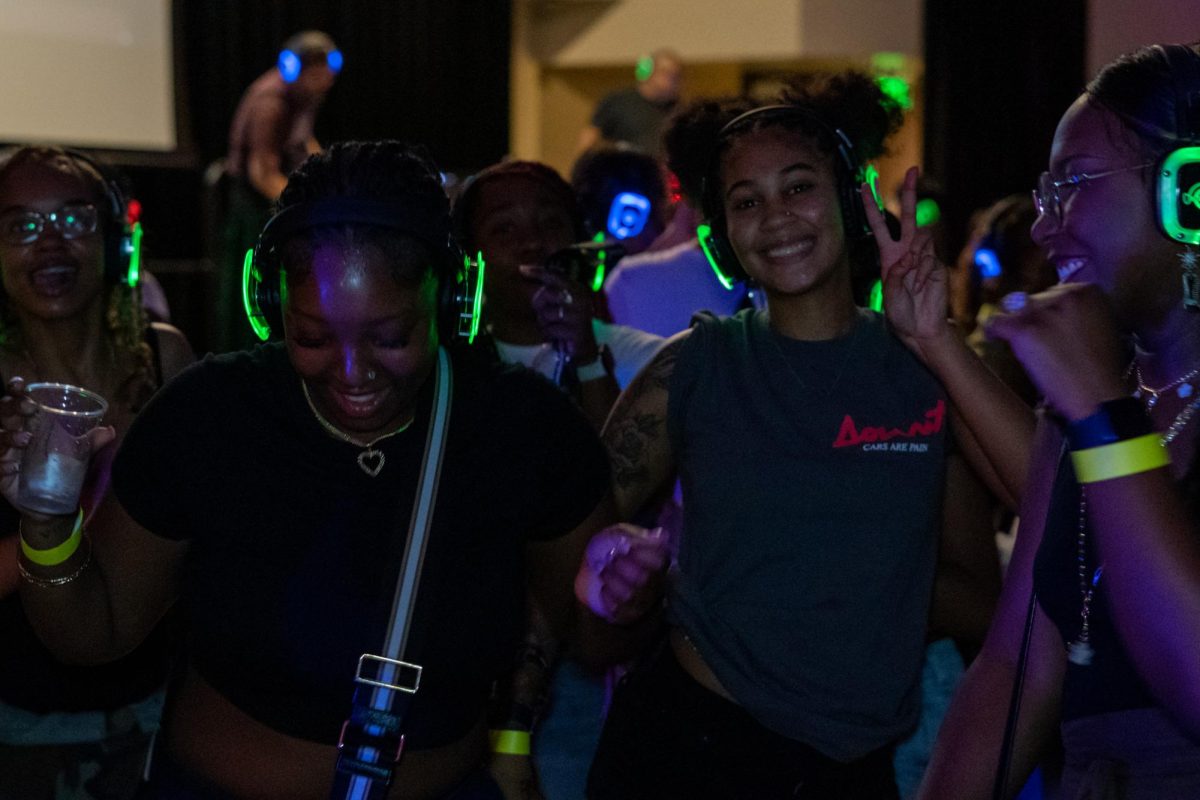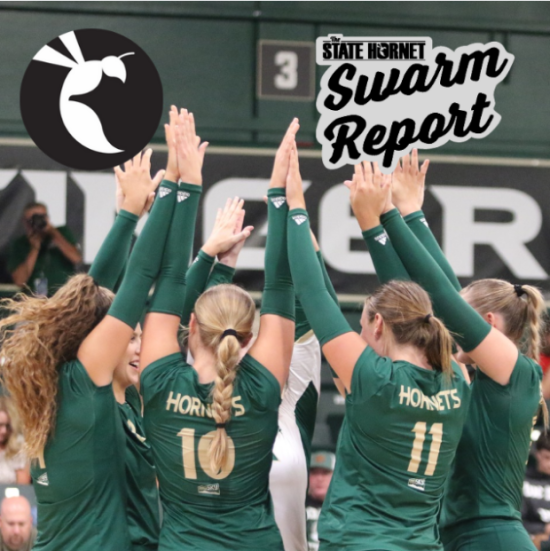Classroom discussions all too real
March 26, 2003
For students in professor Bill Dorman?s War, Peace and Mass Media course, war isn?t just something in the textbook – now it?s the real thing.
The course is one of several on campus that is talking about the war and relating it to topics discussed in the classroom.
Dorman?s students listened attentively as he opened his lecture on Friday with a somber tone. It was the first time the class had met since the U.S. began bombing Iraq.
“(In) a course of this sort, I think, it?s difficult for me sometimes to make a point without me getting involved,” he told his students before expressing his disgust at how our society treats war.
Dorman told the students that when he went to get a cup of coffee that morning, he saw students cheering as they watched the flashes and explosions of U.S. cruise missiles over Baghdad during operation “shock and awe.” He was bothered by the celebratory display.
“We find it increasingly difficult to differentiate between fantasy and reality,” he said.
He used the anecdote to launch into a critique of how the war is seen as entertainment, like a video game or action movie.
Andrew Oliveira, a student in Dorman?s class, said that seeing war coverage has reinforced things he?s learning in the course.
“You can turn on CNN and see the same things he?s talking about,” he said.In another class, World Politics with professor John Syer, students asked if they could discuss the war. Syer said he would have done so but a midterm was scheduled for that day.
Professor David Corner?s ethics classes have used the war as a topic for philosophical debate.
His essay exam given March 13 asked students to outline utilitarianism and use it to make an argument for whether the U.S. should invade Iraq immediately or give inspections more time.
Utilitarianism asks you to analyze the consequences of your action and choose an action that provides the maximum overall happiness.
Corner stressed that students would not be graded on what answer they gave but how well they demonstrated an understanding of the argument.
“The last thing (I want) in an exam is someone to give an answer that they think I want to hear,” he said.
“But it?s hard to quantify happiness,” he said. One of the ways to do this in war, he said, is to count bodies. Using utilitarianism, you weigh how many deaths there might be if Saddam Hussein continues manufacturing weapons of mass destruction with the deaths that might occur during an Iraqi invasion.
He said some students came to him with questions about the war because they did not know enough about it to write an essay.
In his critical thinking course, Corner gives students war-related editorials and asks them to analyze their arguments.
“If I can help people think critically about these issues, then they will come to the truth on their own,” he said.
Corner balances the anti-war and pro-war arguments in his class because he doesn?t want to be seen as having an agenda.
He said war is a tremendously moral issue that has particular relevance now.
“I want to show them we?re talking about real stuff,” he said. His ethics classes have more opportunities to relate the course to recent events, more so than a course on metaphysics or epistemology, he said.
“It?s good to talk about (war). You don?t want to not talk about it like it doesn?t exist,” said Kyle Gray, a freshman in Corner?s ethics class.
Click here to send private feedback about this article to the State Hornet’s News staff.






